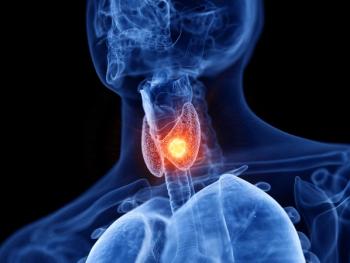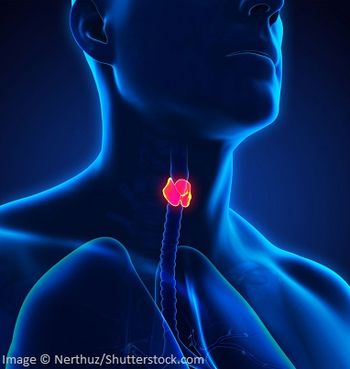
Oncology NEWS International
- Oncology NEWS International Vol 11 No 3
- Volume 11
- Issue 3
FDA Issues New Potassium Iodide Dosage Guidelines
ROCKVILLE, Maryland-The FDA has issued new recommendations for administering potassium iodide to reduce the risk of thyroid cancer in children and adults in emergencies involving the release of radioactive iodine into the environment.
ROCKVILLE, MarylandThe FDA has issued new recommendations for administering potassium iodide to reduce the risk of thyroid cancer in children and adults in emergencies involving the release of radioactive iodine into the environment.
The new FDA guideline recommends a standard daily dose of 16 mg of potassium iodide for infants less than 1 month old; 32 mg for children 1 month to 3 years; 65 mg for those between ages 3 and 18 years; and 130 mg for adults, including pregnant and lactating women, and adolescents who weigh more than 150 pounds.
FDA adds that, as a general rule, daily dosing should continue until the risk of exposure has passed and/or until other protective measures are successfully in place.
Articles in this issue
almost 24 years ago
Bush to Complete 5-Year Doubling of NIH Budgetalmost 24 years ago
CAD Accurate in Digital Imagesalmost 24 years ago
Campath-1H Safe and Effective in Refractory B-CLLalmost 24 years ago
Involved-Field RT Is Effective in Hodgkin’s Diseasealmost 24 years ago
FDA Approves Orfadin for Hereditary Tyrosinemia Type 1almost 24 years ago
Allovectin-7 Immunotherapy Active in Metastatic Melanomaalmost 24 years ago
HAART Ups Survival in Primary CNS Lymphoma Patientsalmost 24 years ago
DX-8951f/Gemcitabine Safe, Active in Advanced Solid Tumorsalmost 24 years ago
Pseudomonas aeruginosa Infections After Transplant Rare But Deadlyalmost 24 years ago
ODAC Recommends That FDA Approve Zometa for Bone MetastasesNewsletter
Stay up to date on recent advances in the multidisciplinary approach to cancer.



































